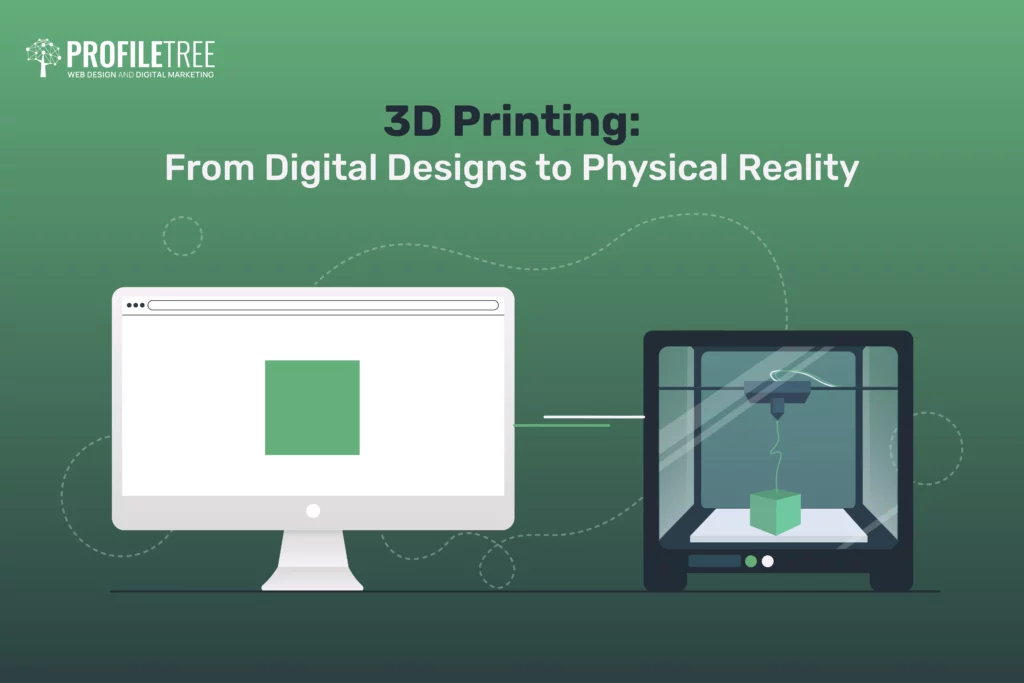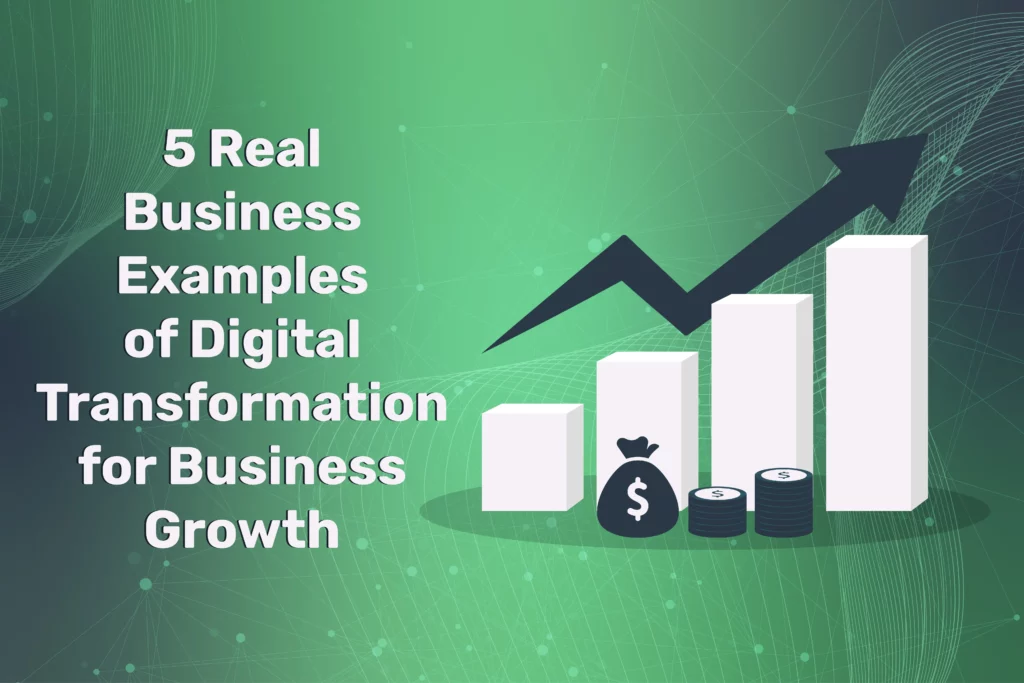This blog will take a look at why CRM systems fail where we hope you will have complete awareness about the areas you need to avoid when going through CRM implementation and the risks associated with this type of digital transformation. However, before you check this out, you may want to look at other blogs on digital transformation, change management or Artificial Intelligence (AI) first.
What is a CRM system?
CRM is an acronym for customer relationship management and this is a software system which is developed to allow your business build strong relationship with both current and potential customers.
Therefore, by organising all personal customer data a CRM system will allow you to easily manage all sorts of customers, while putting you in a position to make stronger decisions with the data you have collected.
In return this will help businesses scale and grow more effectively, where customer retention can play a huge part of this process. Also allowing you to become proactive, a CRM system will allow you to promote the future strategy of your business, leaving you with a better chance of beating competitors.
Why are CRM systems important?
If you are looking to become a successful business then you need to have strong relationships with your customers. This is going to be one of the most important components within your business where CRM can also be considered as a management strategy towards increased profits and ensuring business growth.

5 reasons for CRM failure
1. Choosing the wrong CRM systems
Businesses who fall into this pitfall tend to forget or not bother to evaluate their issues and the areas of their business that they need to improve on. If you don’t have an understanding of your needs or goals, and you select the CRM system which you think is best suited to you, it is likely to negatively impact your business in the long-term.
Therefore, depending on your business and its focus will determine which CRM system you go with, so maybe you’re in sales, maybe you’re in marketing, there will be different types of CRM systems which are best suited towards your business plan and how you build relationships with your customers.
2. Gaining management buy-in
In some cases within businesses, the implementation of a crm system is pushed to one individual where they are told to simply go look and see what crm system can we use. And they do not necessarily buy into the overall plans, because in most cases the implementation of a crm system can be seen as a digital transformation and can affect the whole company.
If this project is passed to someone who maybe isn’t in management, or who isn’t respected as a senior leader within the company, then it is going to be difficult to get the buy-in of the company as a whole. If general employees aren’t going to be able to see the value in the system they are being asked to devote time and effort to using at the beginning then what’s to say they are going to bother.
3. Training and onboarding
Many businesses will go into implementing a CRM system thinking they already know how to use it, or they’ll just pick up on how to use it over time. Effectively, this is not the best way to approach introducing a crm system to your business.
Investing in your teams will be critical here to making sure that they know how to use the system, as if we think about technology in which you and your competitor is suing and if we say it’s the same system, you would like to think the business which has invested in the training and learning of the system is going to be able to utilise it better and reach a wider consumer base.
4. Software integration
A lot of the CRM systems which are out there and developing themselves gradually and many of which will integrate with technology which you currently have within your business. So in this case you want to make sure you are selecting a crm system which can integrate with the technology which already exists within your business.
For example, if you are a marketing company like ProfileTree, you may have a project management software which manages multiple projects at the one time. So there are crm systems which can integrate with selected project management software, where this connection will reduce the need to put in data to each system and allow you make deals and set up projects through the integration saving you a lot of time. So if we think, if we can save each team member 10 min per day, overtime this will build up over the course of a year which will allow them to get so much more done.
5. Organisational change management
There are many challenges in which you are likely to face when implementing new systems and processes within your company, while having to deal with the change management side of things as well. This applies to all digital transformation, and with CRM systems this will be important as a range of individuals are going to need to change how they are doing things.
In this case you are likely to see resistance to change, so unless you have the correct leadership, communication, training and other factors in place you are likely going to miss important opportunities. Mentioning these words is ok but you might want to understand each of these in a little more detail, so I have created a video about how you can deal with resistance to change which I will leave within the resources below.
Summary
That summarises an overview of why CRM systems fail and the areas you need to avoid when going through CRM implementation while understanding the risks associated with this type of digital transformation. If you enjoyed this article and want to view more content like this, make sure and check ProfileTree’s Youtube out for more. Thank you!


